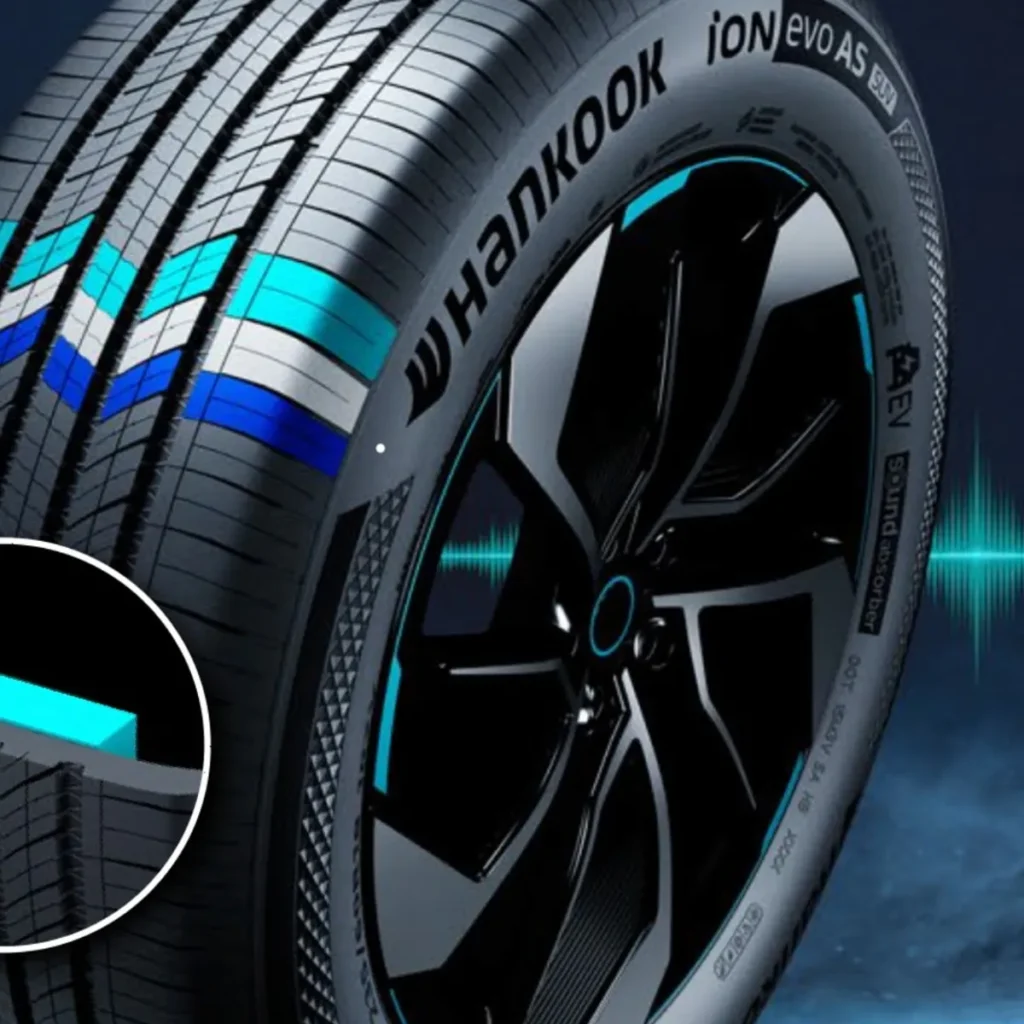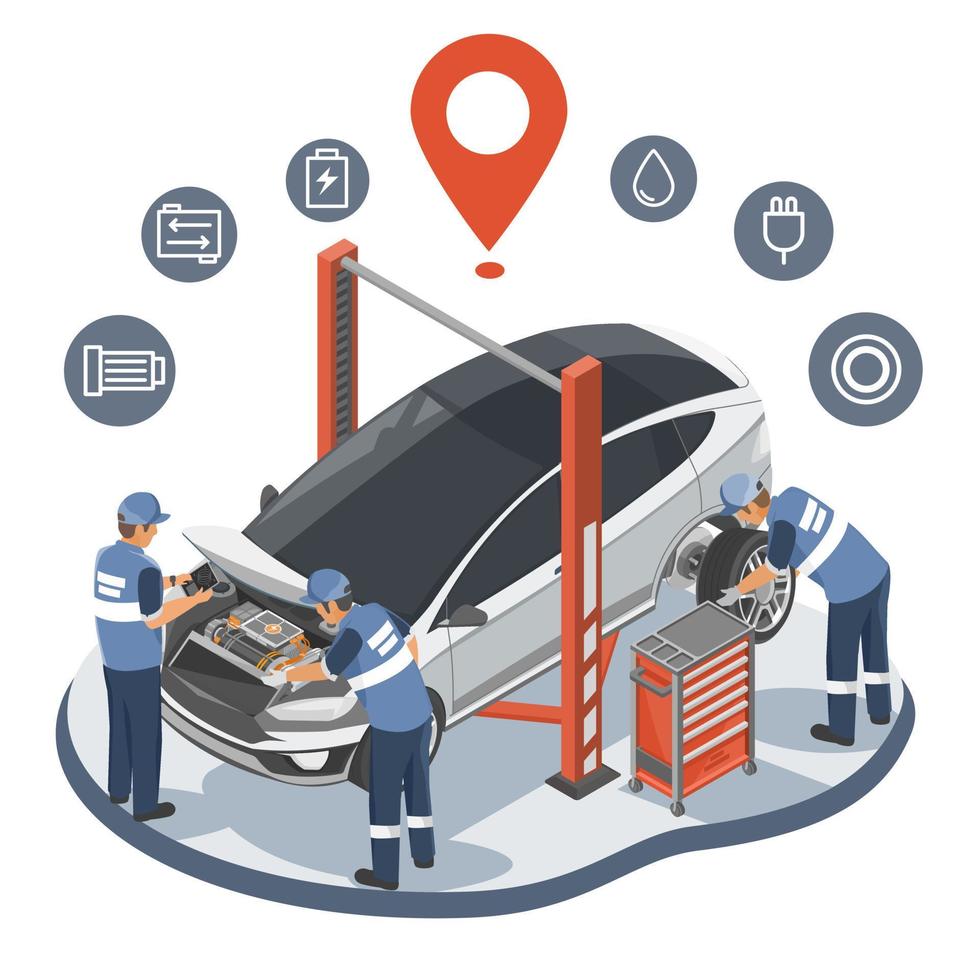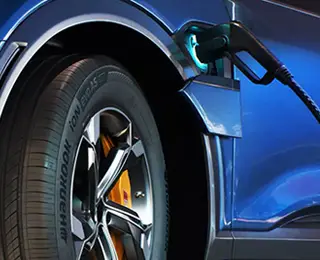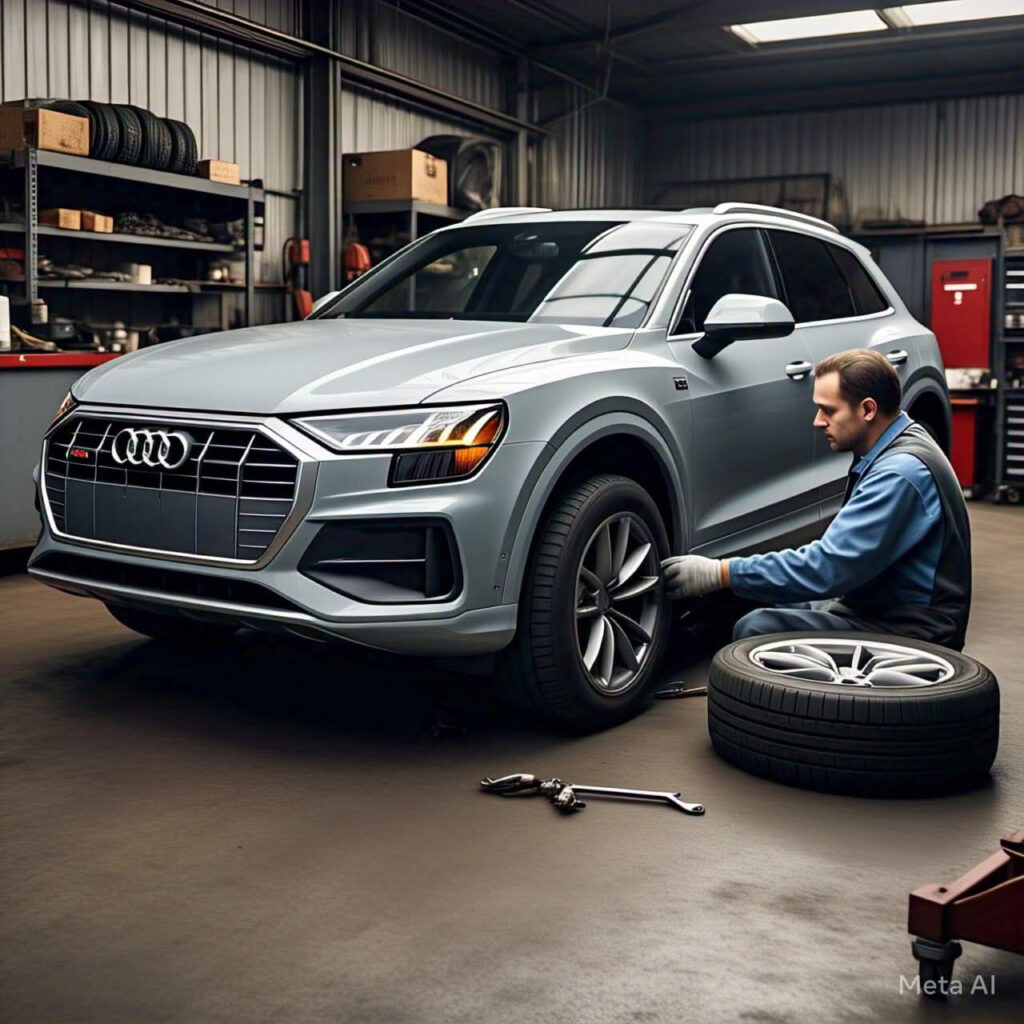Electric car repairs and maintenance differ significantly from traditional internal combustion engine vehicles due to the simpler mechanics of electric vehicles (EVs). Here’s a breakdown of key areas:

1. Battery Maintenance
- Longevity: EV batteries last a long time, but their capacity can diminish over time, typically after 8-10 years or around 100,000–150,000 miles.
- Charging: Proper charging habits (avoiding overcharging and deep discharging) can help extend battery life.
- Cooling System: Many EVs have a liquid cooling system for the battery. Ensuring it’s functioning properly can help prevent overheating.
2. Brake Maintenance
- Regenerative Braking: Most EVs use regenerative braking, which reduces brake wear. This means brake pads typically last much longer than in conventional cars.
- Brake Fluid: Even with regenerative braking, brake fluid should be checked periodically to ensure the system works efficiently.
3. Tires
- Tire Wear: EVs often have more torque, which can lead to faster tire wear. Tire rotation is recommended regularly.
- Tire Pressure: Proper tire pressure should be maintained to ensure safety and efficiency.

4. Cooling System
- Inverter and Motor Cooling: Many EVs require a cooling system for the inverter and electric motor. Regular checks for leaks or low coolant levels are important.
5. Software Updates
- Firmware and Software: EVs rely on software to control many systems, from driving modes to battery management. Over-the-air software updates can often address issues without requiring a visit to the mechanic
6. Transmission and Motor
- Minimal Maintenance: Unlike traditional cars, EVs don’t have complex transmissions, and electric motors require minimal maintenance. Occasionally, checking for issues like unusual noises or performance drops is important, though major issues are rare.

7. Air Conditioning System
- Electric compressors: The A/C in an electric car uses an electric compressor rather than a belt-driven one, meaning maintenance is somewhat different. Regular checks are needed to ensure it functions well.
8. Other Regular Checks
- Suspension, Alignment, and Steering: These parts should still be inspected for wear, though EVs typically place less stress on these systems due to the lower weight and fewer moving parts.
- Cabin Air Filters: These should be replaced as part of routine maintenance, just like in conventional vehicles.

Typical Costs
- Battery Replacement: This can be the most expensive part of EV maintenance. Depending on the make and model, battery replacement may cost several thousand dollars, but this typically happens only after many years of use.
- Other Repairs: Other than the battery, repairs for things like the motor or electronics are typically less frequent but could still be expensive if needed.
What to Watch Out For:
- Electrical Issues: Although rare, electrical problems could arise, and these require specialized knowledge to diagnose and repair.
- Warranty: Many EVs come with long-term warranties, especially for the battery, which often covers 8-10 years or more.
Does your electric car need maintenance? Contact Doylestown Auto Repair at 267-279-9477 or visit our website at www.doylestownautoshop.com to schedule an appointment to have your car serviced!

